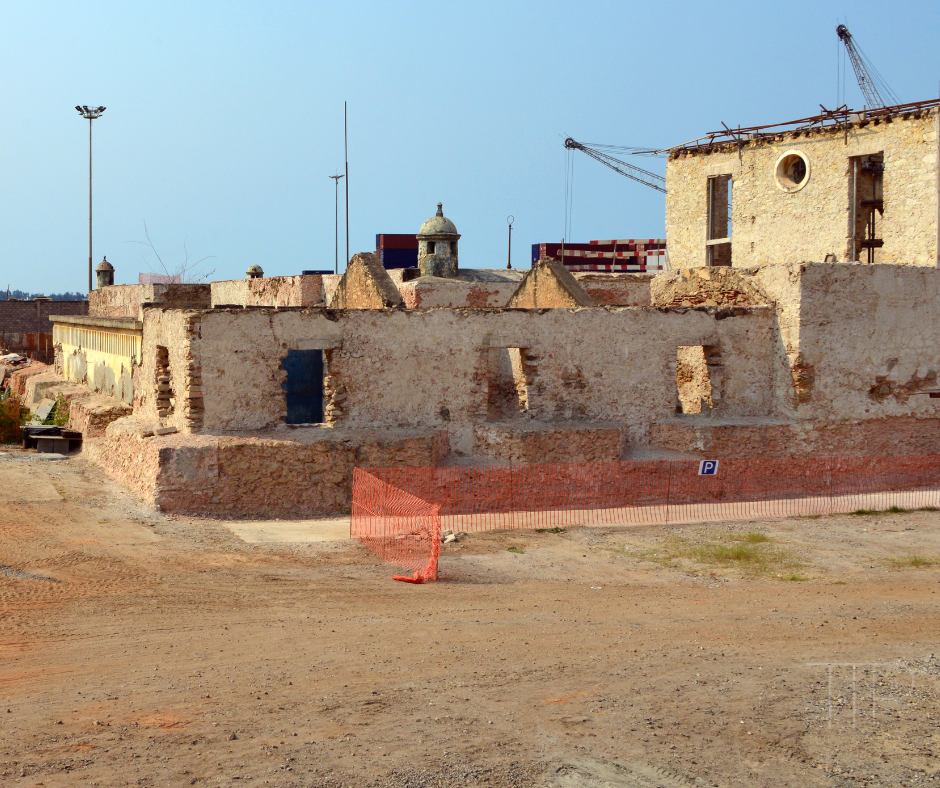Today, Chega questioned the government over the 34 million euro funding for the rehabilitation and equipping of the São Francisco do Penedo Fortress in Angola, considering it “an outrage to Portugal’s history”.
In a request addressed to the Prime Minister through parliament, the Chega Parliamentary Group asks “what the Portuguese government’s motivation is in assuming the costs of creating a museum whose name refers to the independence struggle against Portugal”.
The memorandum of understanding was signed in Luanda on December 10 between the governments of Portugal and Angola. The São Francisco do Penedo Fortress will be converted into the National Liberation Museum of Angola.
For Chega, this financial support is “an outrage to the history of Portugal and to the memory of our ancestors, as well as to that of the overseas combatants, who are still so mistreated today for the actions undertaken in defense of national interests”.
The party led by André Ventura also accuses the government of wanting to rewrite history.
In the document released today, the Chega MPs consider that this political option confronts history, “leaving it at the mercy of a partial and media-driven historical revisionism that is in vogue, but which is far from unanimous, let alone scientifically correct”.
“With this gesture, in addition to spending a sum of money that, within the scope of the Camões Institute’s activities, would better serve other purposes more suited to our country’s interests, Portugal is implicitly taking the blame for the overseas colonization that, as a result, ‘new worlds to the world’ showed and of which all of us Portuguese should be proud, since it is inscribed in the books of our history and in our collective memory as the best thing we have undertaken and given to the history of humanity,” they argue.
Chega believes that it is “something that cannot be erased and that should be preserved and made a source of pride by the highest dignitaries who are the legitimate heirs to this heritage and who are responsible, in the first instance, for defending it”.
“If we had rulers in Portugal today who were up to the task of the 500s, disagreements like this would have been avoided,” he adds.
The Chega Parliamentary Group also points out that this decision is “absurd and inconsistent”, as well as an “attempt to manipulate and politically instrumentalize history, with the government also trying to divert attention from the country’s problems”.
When the memorandum of understanding was signed, the Minister for Foreign Affairs, João Gomes Cravinho, highlighted the “very special significance” of the conversion of the fortress into the National Liberation Museum.
“It’s happening precisely on the verge of the 50th anniversary of April 25 and a year before the 50th anniversary of Angola’s independence,” said Cravinho, stressing the importance of remembering that Portuguese freedom has a lot to do with the struggle for colonial liberation of the peoples in various African countries colonized by Portugal at the time.
“There is a symbiotic relationship here, because these struggles for freedom, for independence, of the African peoples, including the Angolan people, is a very important stimulus for the struggle for freedom in Portugal,” he said at the time.
According to João Gomes Cravinho, this support is precisely a celebration of what is a joint heritage, which is the freedom of states.

